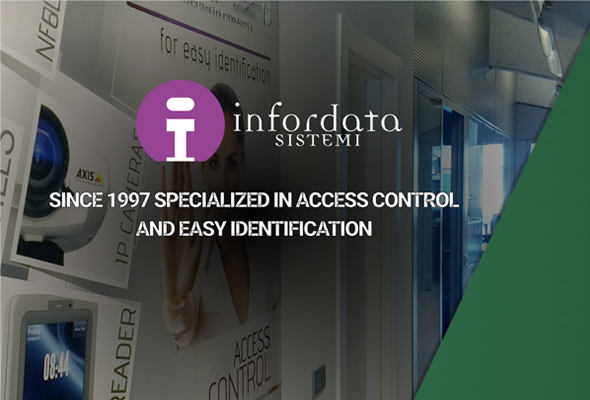Migration: the Czechs will not lose their jobs
Up until now, the trend has been for migrants from the East to fill mainly rank-and-file positions. Is there a need for Pre-Employment Screening? We only deal with this for leadership or managerial positions, many recruiters would say. It's not about the nationality of the candidate at all when you are thinking about whether or not to hire them.
A much more interesting perspective will give you, for example, a check on the applicant's debt record. A cashier in a hypermarket is in charge of the till, has constant access to cash and often also access to the safe room where the sales are deposited. Would you entrust such responsibility to someone who is insolvent and under pressure from, for example, a bailiff or loan shark? SCAUT can detect these hidden risks early on allowing you to take that into considering in making your final decision.
The current trend related to the war in Ukraine is different. Indeed, the fears of those radical advocates of border closures that Ukrainian refugees would take jobs from Czechs have not been borne out. On the contrary, many Ukrainians had to enlist in the army, and now companies have had to replace them. But by whom? Czechs are often too expensive, not to mention workers from Western Europe.
LinkedIn works there, so what is the problem?
LinkedIn is the only source of information that a recruiter has about a candidate from Moldova, Tajikistan, Iran or Kazakhstan. He may blindly hire a person with seemingly a lot of experience, provide him access and hey presto, an anonymous webcam user has access to your data right away. How do you screen out such applicants? You can hardly read such a candidate’sdiploma work, nor can you call a reference in Iran.
SCAUT has a lot of experience with cases like this. It covers nearly 160 countries where it works with local companies in screening hundreds of people a year from all over the world. The automated digital platform will provide recruiters with objective information on whether all the information provided by the candidate matches reality, minimising the risks of hiring a dishonest or incompetent candidate.
Is it really the person?
Did you know that surveys show that around 12% of applicants lie about their education and 21% exaggerate their work experience? But how do you check up on this, for example, with refugees from Ukraine, who are certainly not carrying their diplomas with them when they flee the war, and whose criminal or credit databases were shut down for security reasons during the war? Screening sanctions lists and alternative databases is the answer, for which it is necessary to engage a specialized platform that deals with such screening and can respond to similar non-standard situations.
SCAUT can thus verify, among other things, whether you are even dealing with the person whose passport you are holding. Whether he or she is credible, competent and, if necessary, whether his or her business or political interests may be a risk for your company.
Adapt the background check to the situation
Sure, screening is a great help, but it's not necessary to always go head to wall. If you are on LinkedIn, you may have noticed the case of Apple not hiring a qualified Ukrainian professional. No bias or political preference involved. On the contrary, Apple has been supporting Ukraine since the war began.
It was simply not possible to do a 100% check on her possible criminal background because of the war. And that may affect thousands of other Ukrainian refugees around the world. So our message to companies that take their security recruitment policies seriously is clear - don't underestimate background checks, but look at every situation with a human eye.
Who are your people rooting for?
And let's not forget that Covid and then the war caused a certain radicalization and loss of inhibition even among local, often hitherto completely trouble-free employees. Do you think about the views they present? Not only can they damage a company's reputation, but using a work computer, for example, to help with a hacking attack or to spread misinformation is just the next step. Think about this when screening, which will give a clue about the overall picture of applicants and employees already at the company.
War and the associated migration and economic crisis completely changes the security needs of recruiting for any position. Right now, the winners of the whole situation are being separated from a much larger group of losers. And desperate people are doing desperate things. Be prepared for the damage to be done by migrants, locals and remote workers from the other side of the world. Everyone has a different reason, and early screening will reveal their motivations. SCAUT won't let you down.




